Tips to Protect Your Heart During Smog Season
Introduction:
As smog season intensifies, visibility and poor air quality will be reduced, and significant risks to heart health will be posed. Prolonged exposure to smog, laden with fine particulate matter and harmful pollutants, can aggravate cardiovascular conditions, increase blood pressure, and elevate the risk of heart attacks. The smog season poses serious health challenges for individuals with pre-existing heart conditions or those vulnerable to air pollution. Understanding how to safeguard your cardiovascular system during this time is crucial. In this guide, we explore practical and effective tips to protect your heart health during smog season, ensuring you stay safe amidst deteriorating air quality.
- Stay Indoors During Peak Smog Hours
- Avoid outdoor activities during early mornings and evenings when smog levels are highest.
- Use air purifiers to maintain cleaner indoor air quality.
- Wear Masks Outdoors
- Opt for N95 masks or respirators, which can filter out fine particles.
- Ensure the mask fits properly for effective filtration.
- Monitor Air Quality
- Use apps or websites to check the Air Quality Index (AQI).
- Refrain from outdoor exercises if the AQI is above 100 (moderate level).
- Maintain a Heart-Healthy Diet
- Include antioxidants: Foods rich in antioxidants, such as berries, leafy greens, and nuts, can combat oxidative stress.
- Omega-3 fatty acids: Found in fish, walnuts, and flaxseeds, they reduce inflammation and improve heart health.
- Stay Hydrated
- Proper hydration helps flush out toxins and supports cardiovascular function.
- Avoid caffeinated and sugary drinks, which can increase dehydration.
- Exercise Indoors
- Engage in indoor exercises like yoga, pilates, or stationary cycling to maintain fitness without exposure to smog.
- Manage Stress Levels
- Chronic stress can worsen the effects of smog on your heart.
- Practice mindfulness techniques like meditation, deep breathing, or progressive muscle relaxation.
- Medication and Medical Advice
- If you have a pre-existing heart condition, consult your doctor for specific precautions.
- Keep emergency medications, like aspirin or nitroglycerin, accessible.
- Quit Smoking
- Smoking exacerbates the harmful effects of smog on heart and lung health.
- Seek support through cessation programs or nicotine replacement therapies.
- Use Air Purifiers
- Choose purifiers with HEPA filters to trap fine particles.
- Keep windows and doors closed during high smog periods.
Signs of Heart Stress During Smog Season
If you experience any of the following symptoms, seek medical attention immediately:
- Chest pain or tightness.
- Shortness of breath.
- Dizziness or fainting.
- Persistent fatigue.
Advocating for Clean Air
- Participate in community initiatives to reduce pollution, like carpooling or advocating for stricter emission standards.
- Plant trees in your surroundings to improve air quality over time.
Protecting your heart during smog season involves awareness, preventive measures, and lifestyle adjustments. By prioritizing your health and making conscious choices, you can minimize the adverse effects of smog and ensure your heart stays strong and healthy.
For real-time air quality updates and personalized tips, visit platforms like AirNow or WHO Air Quality Guidelines.
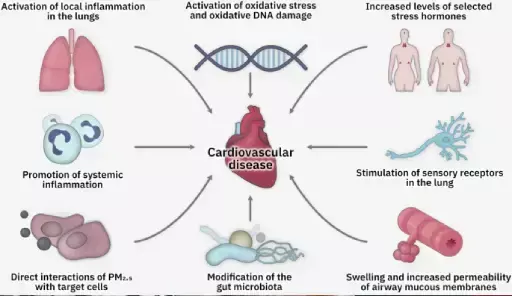
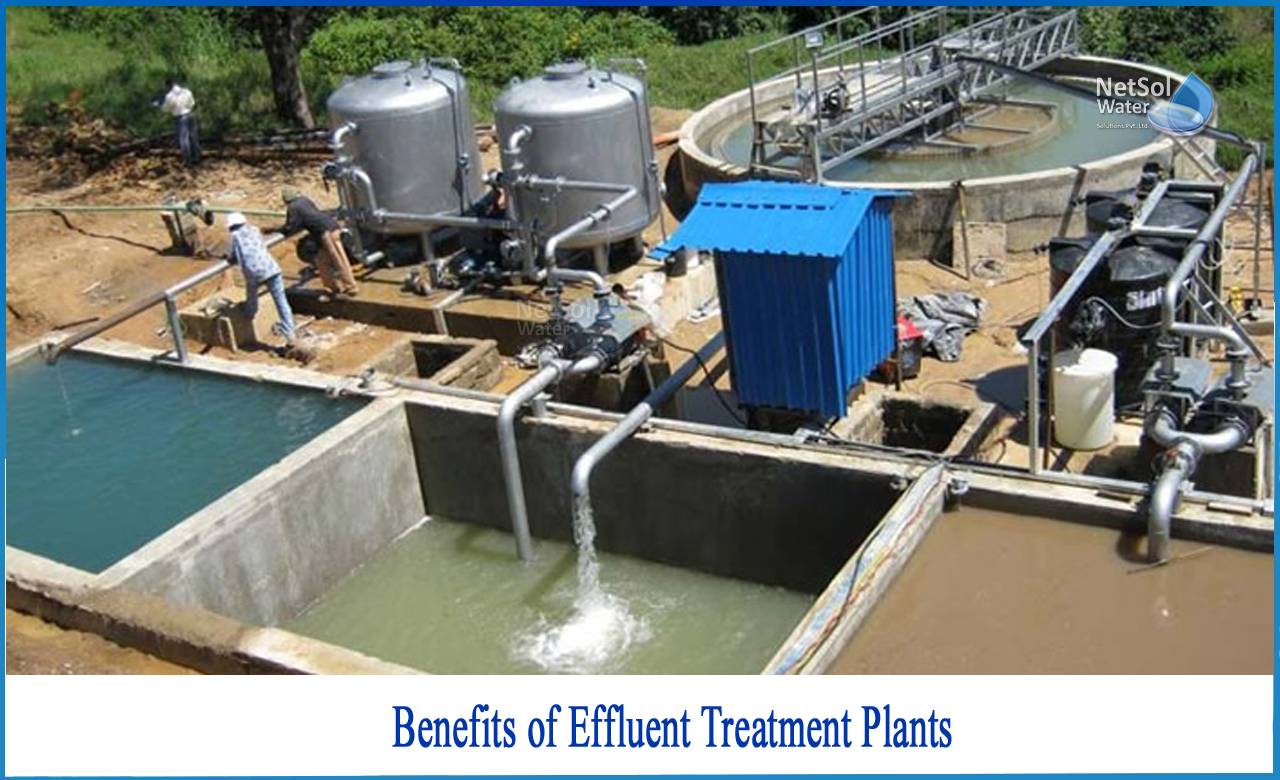
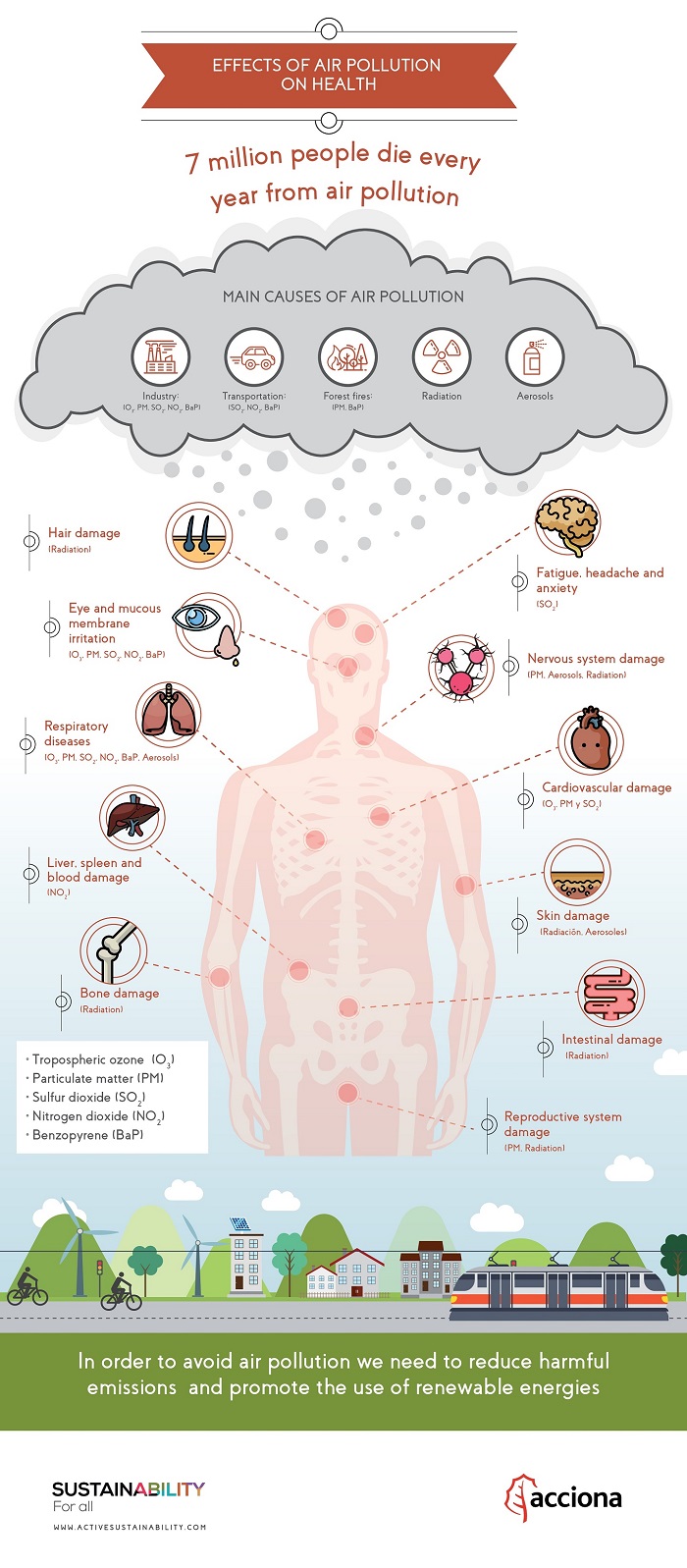
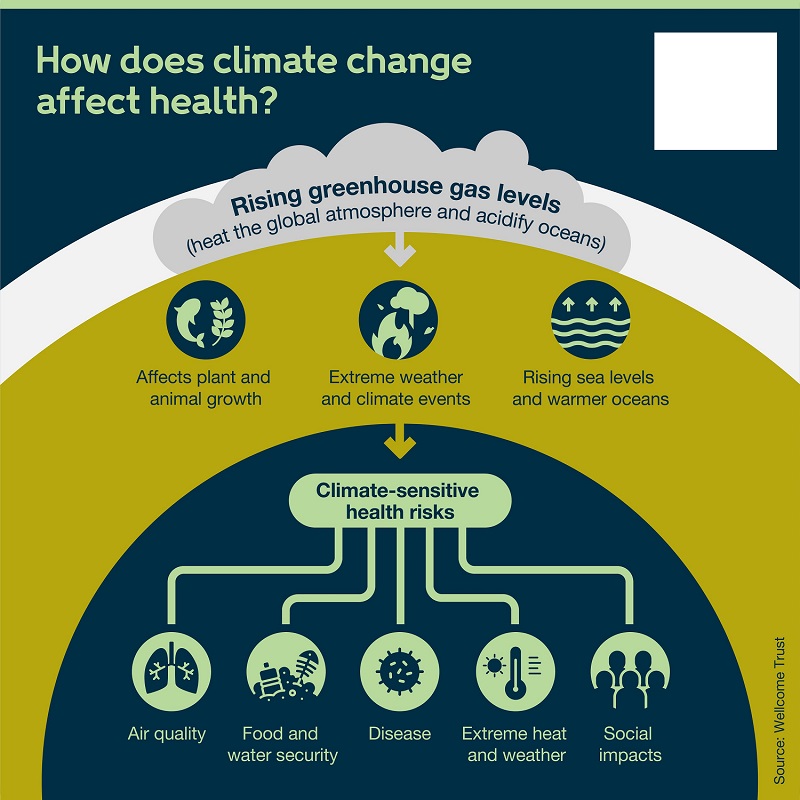
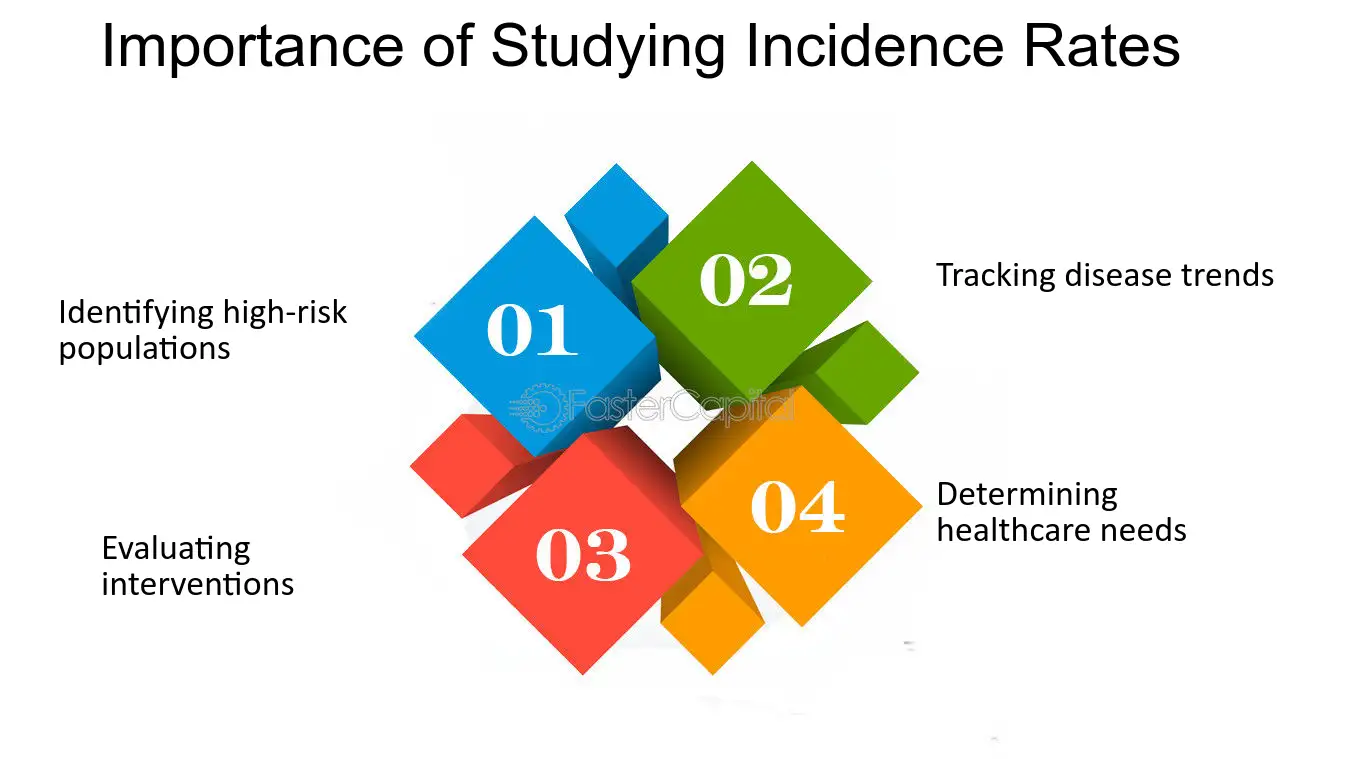
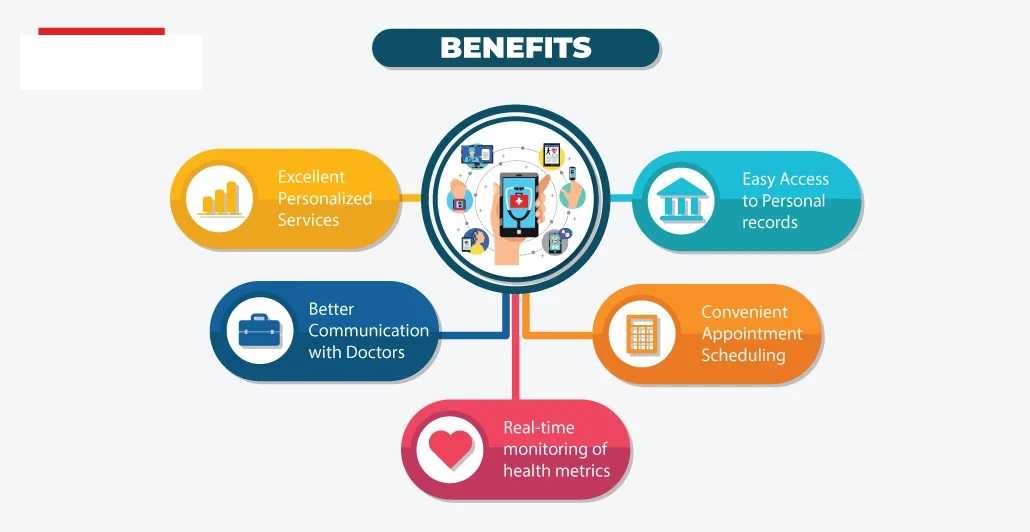
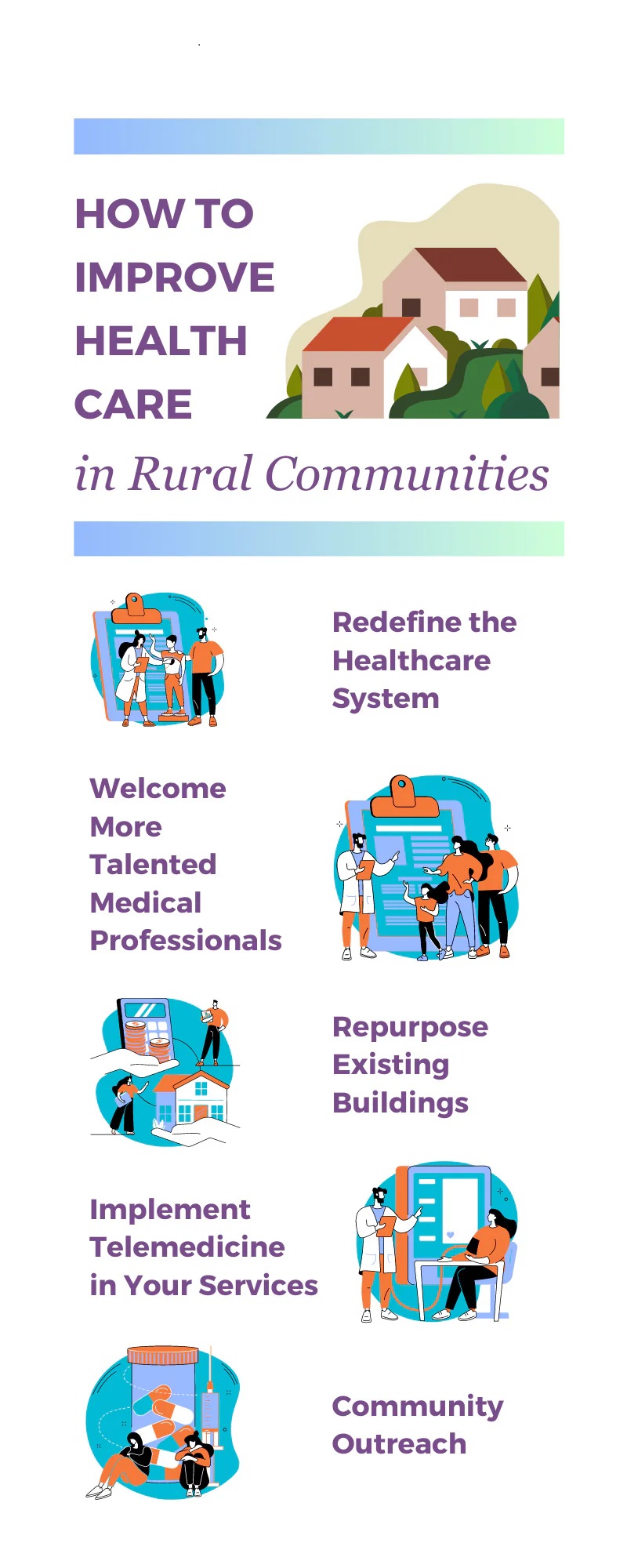

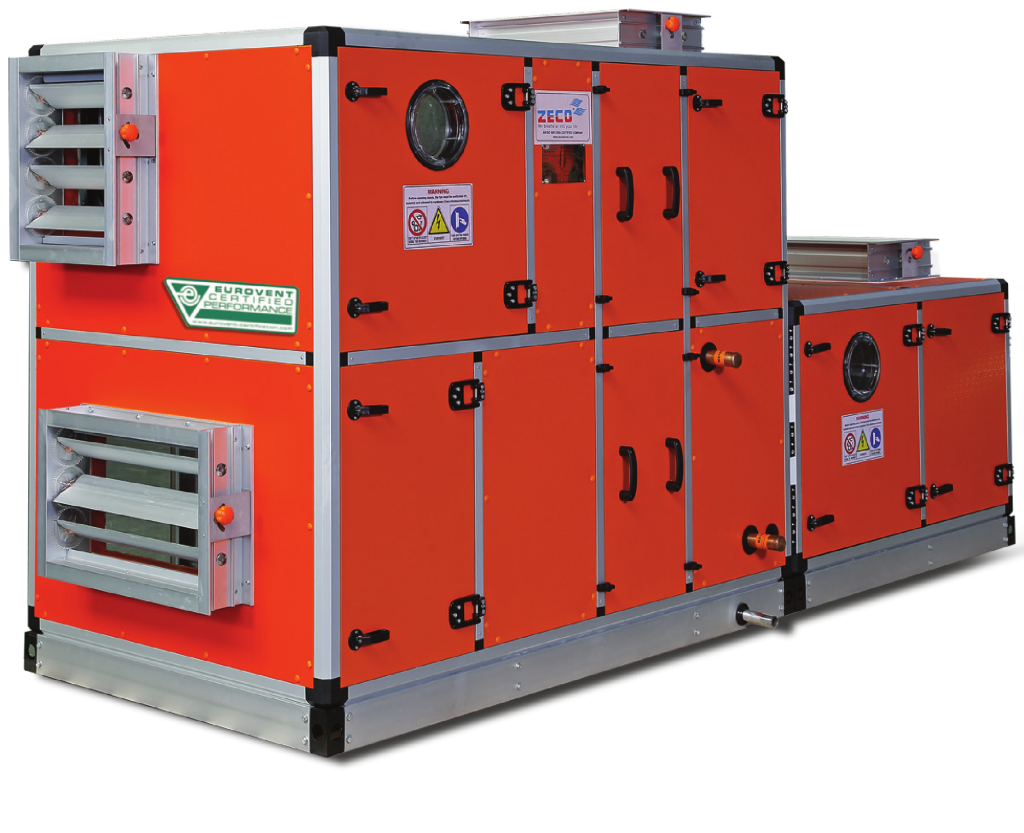
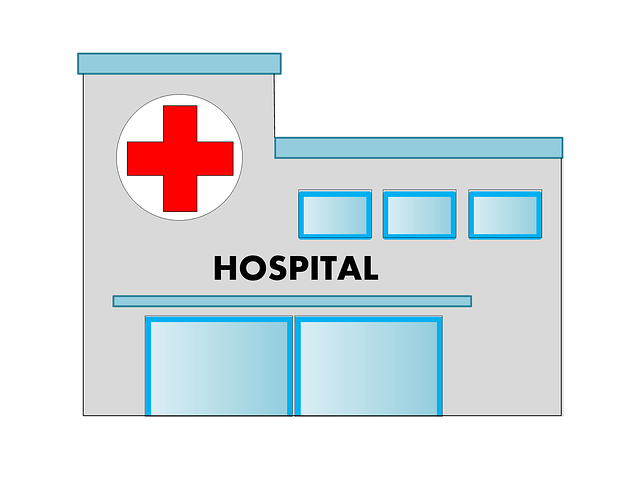




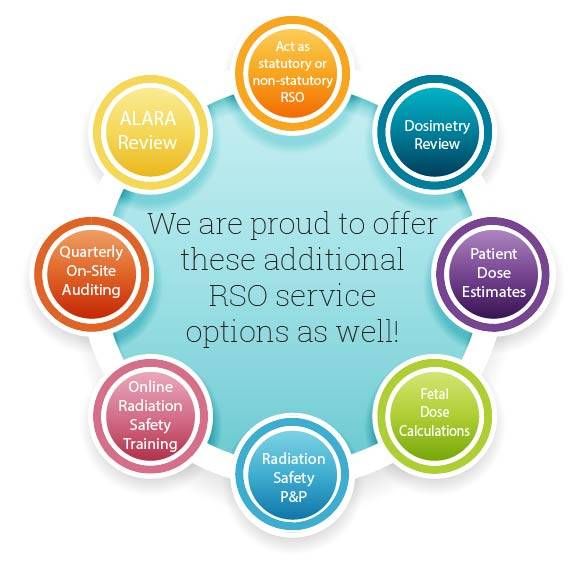
Leave a Reply